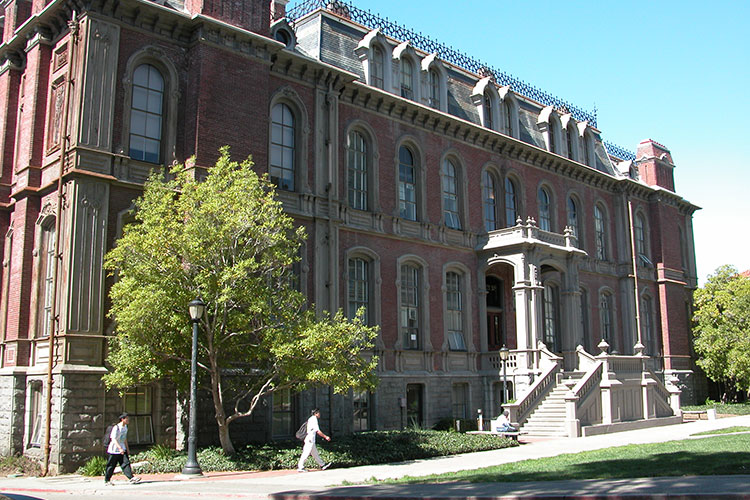Bringing public values into technical systems | Berkeley News
“From the news on our social media feeds to the GPS systems that get us where we need to go, our lives are increasingly being influenced by data and algorithms – and, as the proliferation of “fake news” can attest, turning our decision-making over to algorithms can be a risky business.
In an exclusive New York Times story today, Berkeley and 20 other universities announced they are forming a new consortium, the Public Interest Technology University Network (PIT-UN), to support not only the development of new technologies, but also to exploring what policies and safeguards must be put into place to ensure that they will work for the benefit of society…
…In the past five years, we’ve seen an explosion of Berkeley programs that are even more closely focused on engaging students in technical fields to think about the social and political implications of their work and to give them tools to design for values—to design to support privacy or freedom of expression or fairness. This includes everything from the Human Rights Investigation Lab, the first university-based initiative to engage students in real-world open source investigation of human rights abuses and potential war crimes using cutting-edge tools and methods for analyzing and verifying social media content, to the Citizen Clinic, a project of the Center for Long Term Cybersecurity, the world’s first public interest cybersecurity clinic that brings students from multiple disciplines together to do capacity building for politically vulnerable organizations and communities to help them defend themselves against online threats.
And then we have schools like the School of Information that take a very interdisciplinary and problem-centered approach to learning, where we have a core technical component, a core social component and a core legal and policy component designed to develop well-rounded professionals who have the knowledge and skills to think about the implications of technical systems for society. The Algorithmic Fairness and Opacity Working Group, the Center for Technology, Society and Policy, the Center for Human Compatible AI, and the Center for Effective Global Action support cutting-edge research to address pressing social problems. Our new Division of Data Science and Information is moving in that direction too—it is not just about the computational tools, it’s not just about the data, it is about critical analysis of their social and political impacts.”
Read more: Bringing public values into technical systems | Berkeley News


